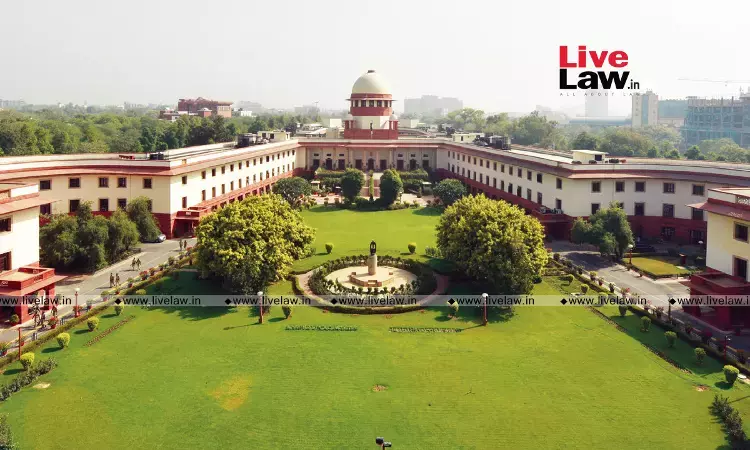Judicial Officers' Allowances Enhanced With Supreme Court Accepting SNJPC Recommendations : Read Key Points
Gyanvi Khanna
10 Jan 2024 9:02 PM IST

Next Story
10 Jan 2024 9:02 PM IST
Recently, the Supreme Court has directed the state governments to pay the arrears to judges in terms of enhanced pay scales as per the recommendations of the Second National Judicial Pay Commission (SNJPC). Most of these recommendations have been accepted by the Top Court. These allowances have to be paid on or before February 29, 2024.“All States and Union Territories shall now act in terms...
